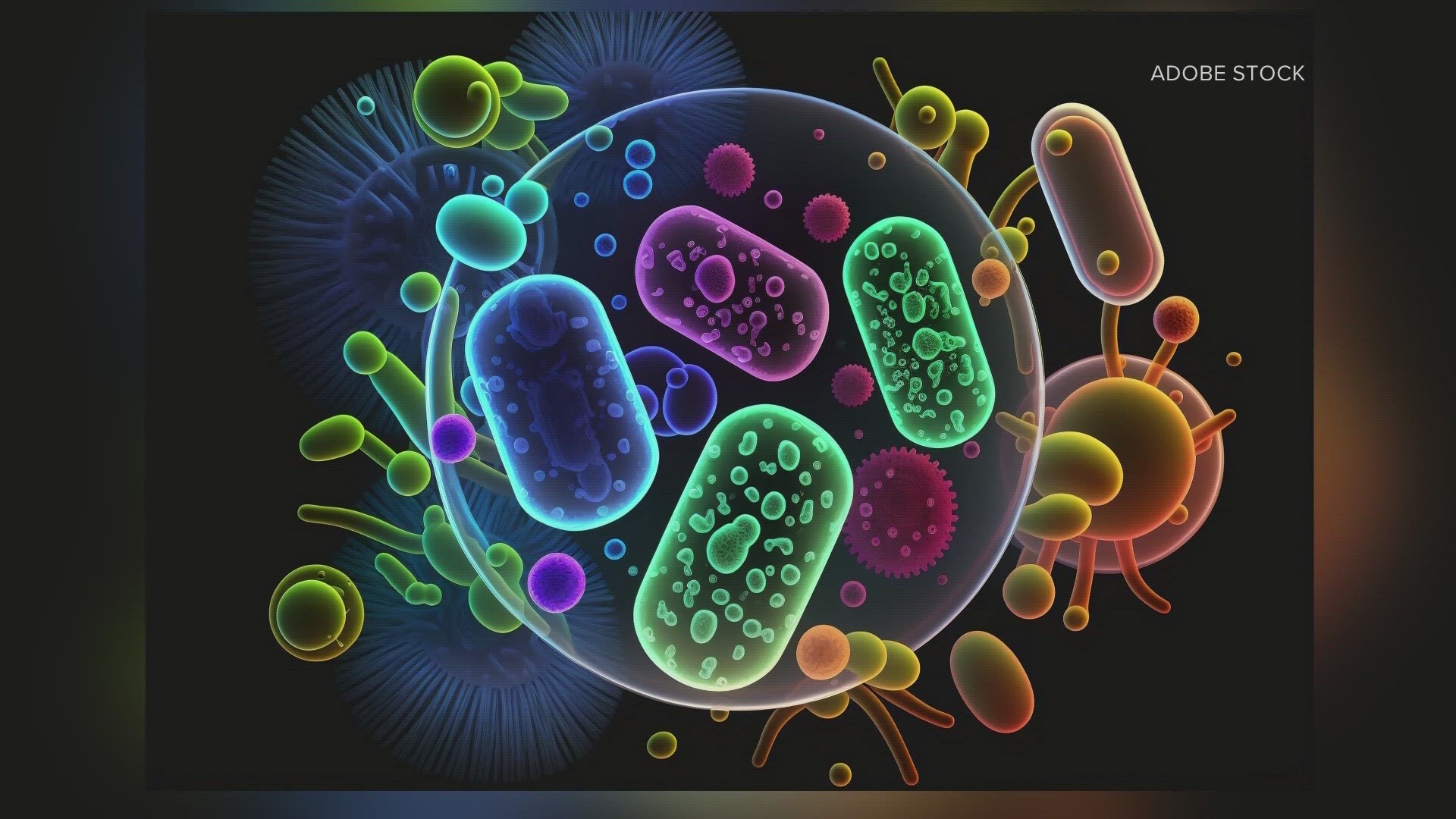SEATTLE — What is the "hygiene hypothesis" and does it have any legs among medical circles right now? HealthLink talked with a local physician about it to explain.
The hygiene hypothesis is a theory that suggests exposing children to pathogens early in life could help them gain immunity from infectious diseases, and even protect them from developing asthma and allergies as they grow older.
"The hygiene hypothesis is an idea, and it dates back more than 30 years now," said Dr. Joshua Liao, an internal medicine physician at the University of Washington School of Medicine.
"The idea is that adequate exposure to certain organisms early on can help children's immune systems," Liao added.
In our post-pandemic world, Liao said patients have brought this topic up with him.
"Particularly after COVID, when so much attention got paid to hand washing and social distancing, and masking and the like, and vaccinations, I just qualitatively in my own experience have seen people talk about this more," Liao said.
The hypothesis adds that overly clean and germless environments may hinder a child's immune system from developing properly and might be a reason why asthma and allergies have risen in recent decades.
The Centers for Disease Control and Prevention reports that 1 in 4 U.S. children had a seasonal allergy, eczema, or food allergy in 2021.
Washington state has some of the highest asthma cases in the nation, with about 120,000 young people in Washington having asthma, according to data from the Washington Department of Health.
"The number of individuals and children that have allergies and asthma is rising in developed countries over time. That's not in dispute. The issue is more that whether we can link that hypothesis to it," Liao said.
Liao added there's no definitive answer and more research needs to be done.
"There is a connection if you look at the evidence around it, but to me, it's not iron-clad that it's related to the hypothesis leading to asthma and allergies," Liao said.
He adds not all exposure to germs is bad and recommends parents should approach it with moderation.
"Kids playing on the ground, in public spaces, I think that's where you want to have hygiene for any number of reasons. What you don't want to have happen is people say 'I want to clean my breasts before breastfeeding. I should wash my mouth before I kiss my children. We're playing in a park and I get hand sanitizer every five, ten minutes.' So I would think about it that way," Liao said.
What is the hygiene hypothesis? An explainer: HealthLink
The theory has been around for decades, as asthma and allergy rates have risen in recent years. HealthLink goes to a UW Medicine physician for some insight.

